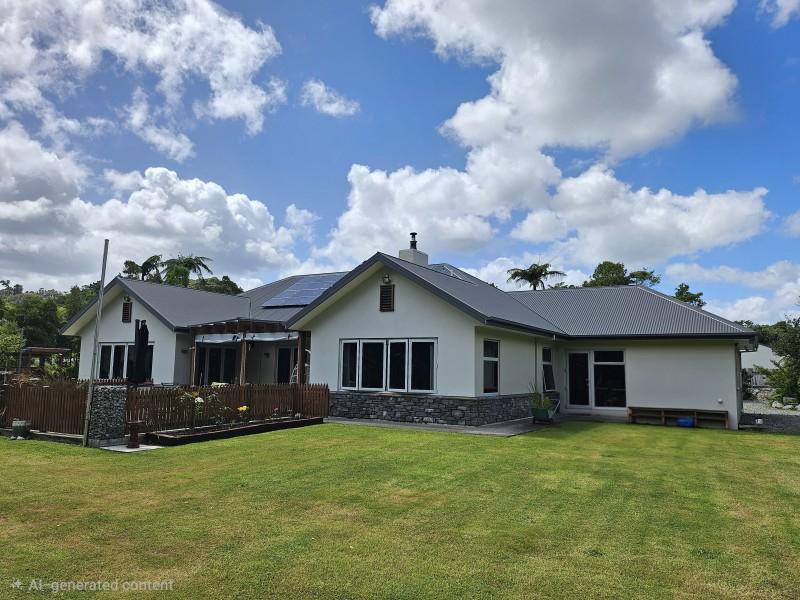Flood and coastal protection at stake through West Coast meetings
By local democracy reporter Brendon McMahon:
Members of special rating districts up and down the West Coast should attend their annual meetings, elected representatives say.
The West Coast Regional Council is holding a round of annual meetings in the next month for each of the two dozen special rating areas it administers on behalf of local ratepayers for flood or coastal protection assets.
Council chairperson Peter Haddock said ratepayers within each special rating district give the mandate to the annual asset maintenance budget presented by council, and the consequent levy above their general rates.
That was why it was so important for people to attend their annual local rating district meeting to tell council what they wanted, he said.
"It's the people that make the decision on what their budget is for the year. That's the reason they should attend," Haddock said.
Nearly 75% of West Coast residents are affected by one of 22 special rating districts dotted up and down the 650km long region.
They are mainly for small rural or farming communities but include the three main towns and the tourist hotspots like Punakaiki and Franz Josef.
As the council's rating mess emerged in late 2023 some ratepayers such as the Greymouth floodwall area were shocked to find substantial special rating increases.
CHaddock said in the end rating district members had a significant say.
"The regional council run the programme for the rating district members - it is important people turnup, so they can have their say."
The reserves held ensured money in the pot when unforeseen events such as storm damage came up.
Haddock said this was demonstrable at Punakaiki following a battering 10 days ago of its coastal defences and the annual meeting there last week demonstrated "good conversations" to be realistic.
"There was varying people from commercial operators down to people with holiday homes.
"Everyone is concerned. They know that if they don't continue to maintain the walls, it could fall behind and then they are up for a big bill."
The Karamea meeting saw about 50 show up but many had a false impression for the meeting.
"I think they thought it was (for) the long-term plan submissions rather than the rating district."
A private landfill and the use of 1080 were among unrelated issues brought up.
"A lot of people, I think, don't realise what the regional council does," Haddock said.
Council deputy chairperson Brett Cummings said it was obvious a lot of attendees at the Karamea meeting came to raise other issues -- in itself not a bad thing.
"They thought it was a meeting about rates. A lot of people didn't understand what a rating district is, and they possibly should … there's a lot of confusion."
Cummings said the issues at the heart of the purpose of rating districts -- flood and inundation -- were only going to escalate for them.
"The amounts are getting bigger because the problems are getting bigger … I think a lot of them are beginning to understand we are not spending (the rating district) money ourselves."
Cummings said some meetings also exposed a gulf between the priorities of local landowners and those who did not live in the district but had an interest.
An example was the recent Kongahu meeting where the locals were "all for" addressing an outbreak of the listed water weed Parrots feather in the area but with an absentee landowner
haggling over that priority, he said.
At the same time, the council had a big job ahead of it with the first formal meeting in May of the new Franz Josef/Waiho joint rating district, where council had been "through a torrid time," after years of no meetings for the locals to have their say.
Poll: Should the government levy industries that contribute to financial hardship?
As reported in the Post, there’s a $30 million funding gap in financial mentoring. This has led to services closing and mentors stepping in unpaid just to keep helping people in need 🪙💰🪙
One proposed solution? Small levies on industries that profit from financial hardship — like banks, casinos, and similar companies.
So we want to hear what you think:
Should the government ask these industries to contribute?

-
60% Yes, supporting people is important!
-
25.7% No, individuals should take responsibility
-
14.3% ... It is complicated
A Neighbourly Riddle! Don’t Overthink It… Or Do?😜
Do you think you know the answer? Simply 'Like' this post if you know the answer and the big reveal will be posted in the comments at 2pm on the day!
If you multiply this number by any other number, the answer will always be the same. What number is this?

Have you got New Zealand's best shed? Show us and win!
Once again, Resene and NZ Gardener are on the hunt for New Zealand’s best shed! Send in the photos and the stories behind your man caves, she sheds, clever upcycled spaces, potty potting sheds and colourful chicken coops. The Resene Shed of the Year 2026 winner receives $1000 Resene ColorShop voucher, a $908 large Vegepod Starter Pack and a one-year subscription to NZ Gardener. To enter, tell us in writing (no more than 500 words) why your garden shed is New Zealand’s best, and send up to five high-quality photos by email to mailbox@nzgardener.co.nz. Entries close February 23, 2026.

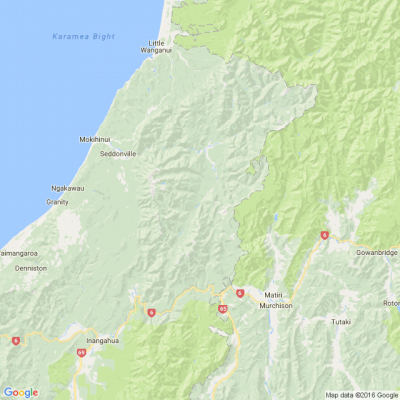
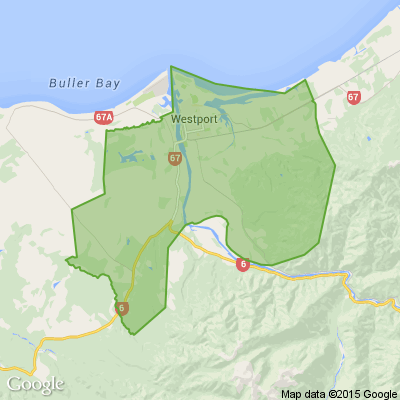




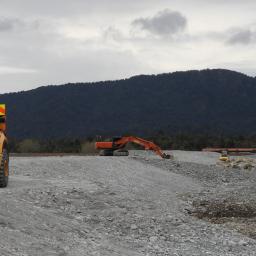
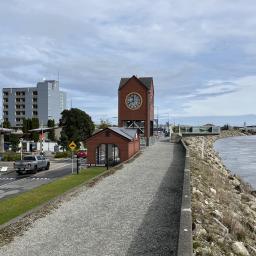
 Loading…
Loading…